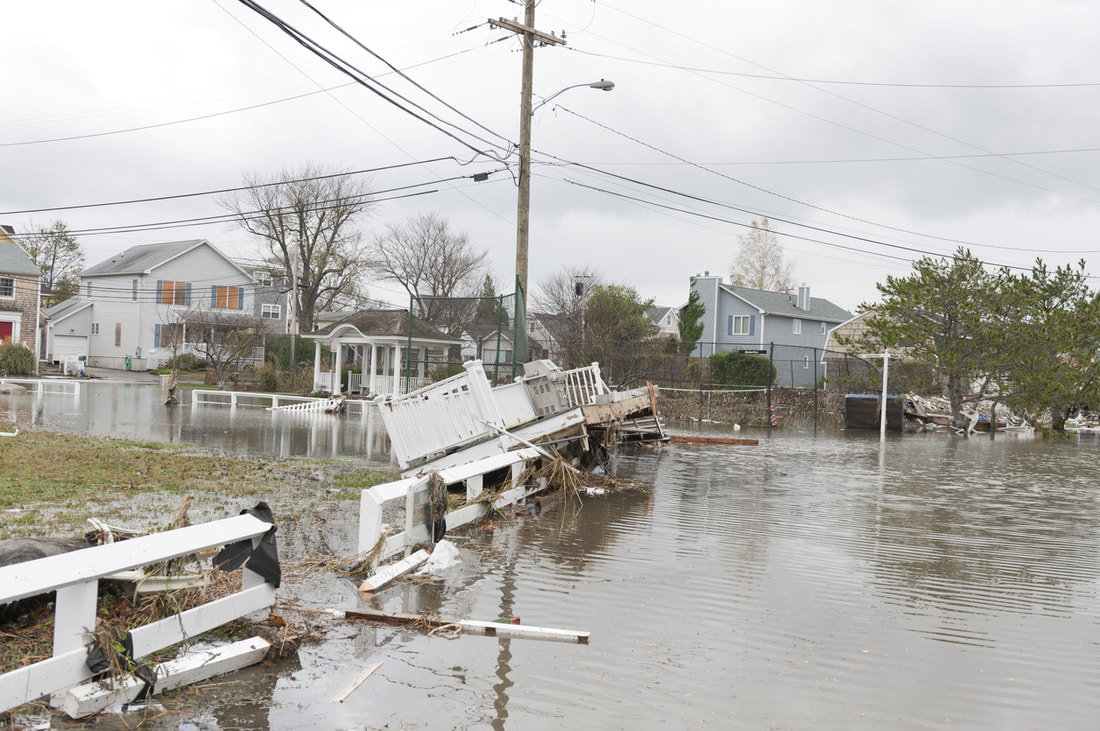Insurance coverage counsel can carefully review the insurance policy and the facts to determine if there is any policy language that the insurance carrier may assert to avoid coverage, then prepare the claim, with the forensic accountant, to address the potential coverage defenses. For instance, after Hurricane Katrina, several insurance carriers argued that the damage was caused by flood waters, which was excluded by the insurance policies, but insurance coverage counsel were able to successfully argue that the damage was caused by wind and rain, which was not excluded by the insurance policies.
Insurance coverage counsel can respond to the insurance carrier’s general reservation of rights letter, demand a coverage position from the insurance carrier, and address the coverage defenses raised by the insurance carrier.
Insurance coverage counsel can protect the attorney client privilege of the business in its communications with the insurance carrier.
A forensic accountant can gather, document and organize the loss data in such a way to assist insurance coverage counsel to maximize coverage in the presentation of the claim to the insurance carrier. Photographs, video, business records and historical data can be used to help document the claim.
Insurance coverage counsel can work with the forensic accountant to provide interim reports and supporting documentation to the insurance carrier and assist the business in obtaining advance payments.
The retention of a forensic accountant and coverage counsel should be at the top of a business “To Do” list after suffering a hurricane-related loss. Insurance coverage counsel and a forensic accountant can help the business maximize coverage, and after a hurricane, those losses can be significant.


 RSS Feed
RSS Feed